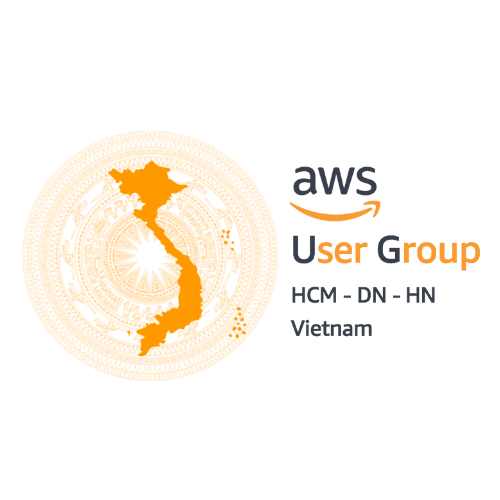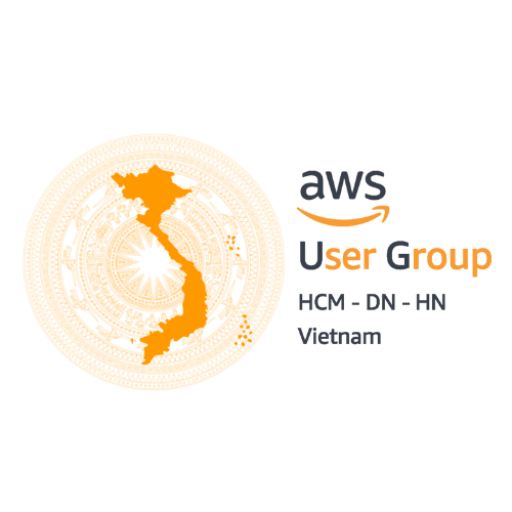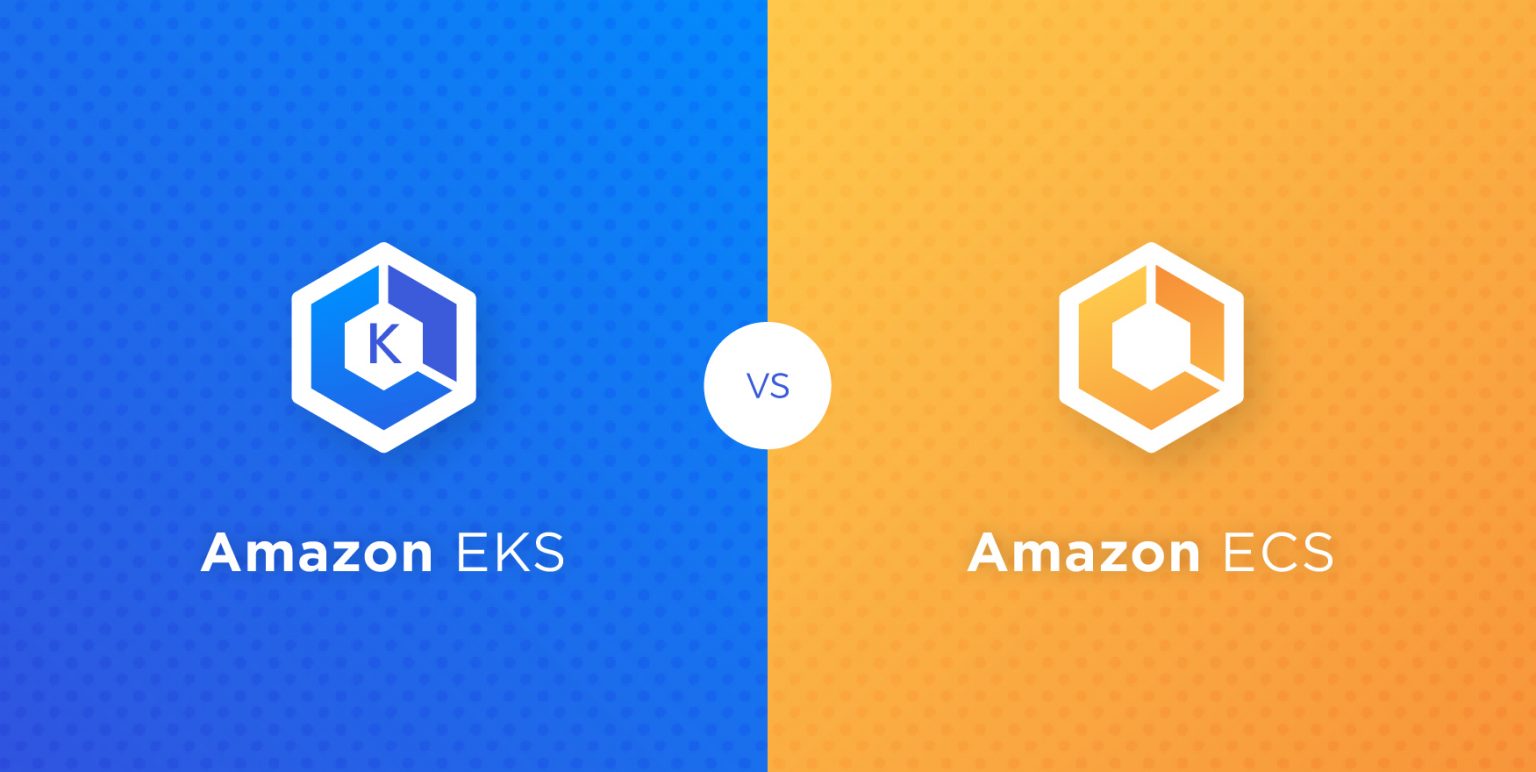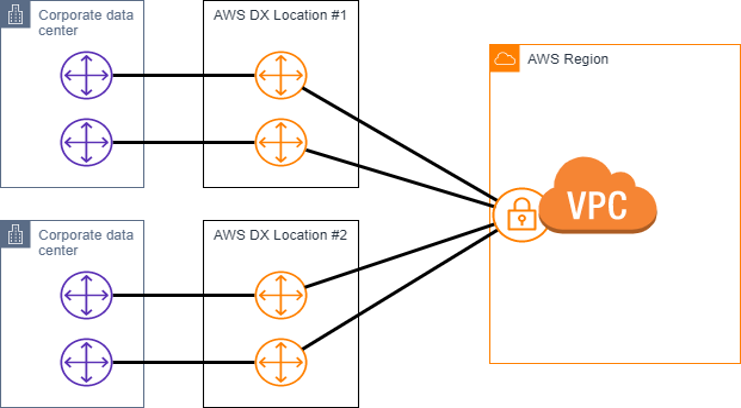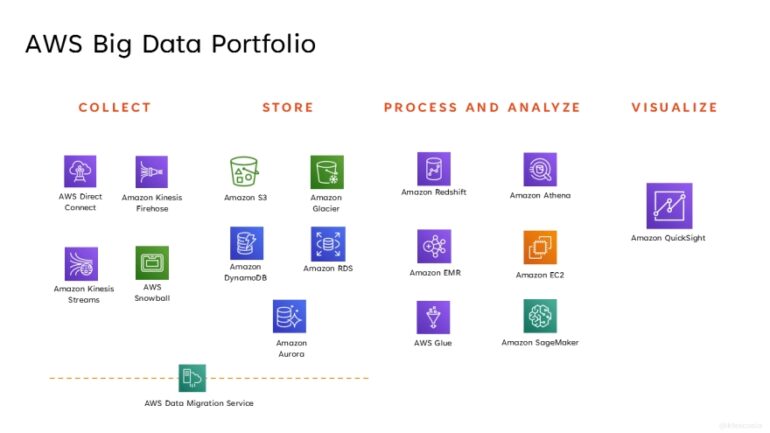Amazon EKS vs Amazon ECS in large-scale container management and operation
According to Gartner, by 2023, 70% of businesses will use at least three container applications in manufacturing. The Container and Kubernetes models are among the leading drivers for enterprise information system innovation and digital transformation.
Containers are minimalist virtualization mechanisms, where programmers pack the libraries needed to run the application into an application package (container image). This package can be deployed easily, flexibly, and relatively independently on virtualized servers.
To manage and operate containers on a large scale, we need a container coordination tool that can automate the management, deployment, and expansion of your clusters.
If you’re running containers on AWS, you can choose from some of the following service options:
- Amazon Elastic Container Service (Amazon ECS)
- Amazon Elastic Kubernetes Service (Amazon EKS)
So which service is best suited for your workload but still optimizes the cost of the project? Find out more with Viet-AWS.
Technology Comparison
1. Amazon Elastic Container Service (Amazon ECS)
Amazon ECS is a platform of Amazon Web Services, which coordinates containers and is scalable to run, stop and manage containers in a cluster. Containers are considered part of the task definition.
You can use Amazon ECS with EC2 instances or AWS Fargate.
A. ECS + EC2 instances
Advantage:
- Full control of the type of EC2 instance used.
- Spot instances reduce cloud costs by up to 80-90%.
Shortcoming:
- You must pay attention to security patches, network security, and scalability on the cluster (however you can use the ECS auto scaling service mechanism).
Cost:
- You have to pay for resources that are EC2 instances and VPC networking.
B. ECS + AWS Fargate
Advantage:
- No need to manage servers (instances)
- AWS takes over container availability and scalability.
Tip: To avoid your app not being available, choose the right COMBINATION of CPU and memory.
- AWS Fargate Spot allows it to run ecs tasks at up to 70% off Fargate’s price
Shortcoming:
- ECS + Fargate only supports one network mode (awsvpc), limiting your control over networking layers
Cost:
- You only pay for the SELECTED CPU and RAM for AWS Fargate.
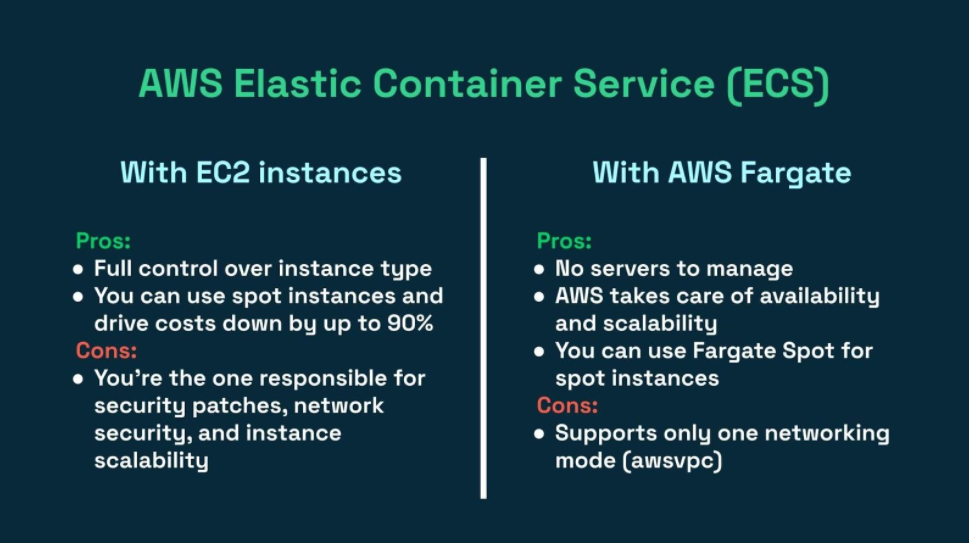
2. Amazon Elastic Kubernetes Service (Amazon EKS)
Amazon EKS provides and manages the Kubernetes control plane. To run workloads, EKS sets up control planes and Kubernetes APIs in managed AWS infrastructure.
Advantage:
- There is no need to install, operate and maintain control plane.
- It is possible to run the workload using the original K8s tools such as Kubectl, Kubernetes Dashboard, Helm and Terraform.
- Load distribution automation and parallel processing are better than human engineers.
- All Kubernetes content seamlessly integrates with AWS services and applications running on EKS that are compatible with applications in a Kubernetes environment. You can switch to EKS without changing the code.
Shortcoming:
- The implementation requires enhanced configuration.
- You need to be ready to handle kubernetes expansion before choosing this option.
Amazon EKS with Amazon ECS – The Main Difference
| Feature | Amazon ECS | Amazon EKS |
| Price | Free | $0.10/hour/ Kubernetes cluster |
| Deploy | Easy to deploy Lack of control planeConfigure and deploy directly on AWSLess expertise and operational knowledge are needed. | Complex deployment Configure and deploy pods on Kubernetes first Professional configuration requirements |
| Flexibility for multi-cloud | AWS proprietary technology Vendor lock-in risks | Open-source Provide full portability between different cloud services |
| Networking | A limited number of ENI/instances May not support all containers running on a particular instance | More flexibility in the networking setup ENI can be shared between multiple groups and add more groups on an instance |
| Support Community | Community support restrictions Aws support | A large community with a lot of support.Community maintenance resources and tools |
When to choose Amazon EKS:
- When you need detailed control over the placement of containers
- When you ask for more network modes
- When you want more control over your tools
When to choose Amazon ECS:
- When DevOps expertise and resources are limited
- When you don’t have the time or resources to choose from a variety of add-ons (Amazon ECS offers only one option in each category)
- Kubernetes is too complicated.
Amazon EKS vs. Amazon ECS – Cost Comparison
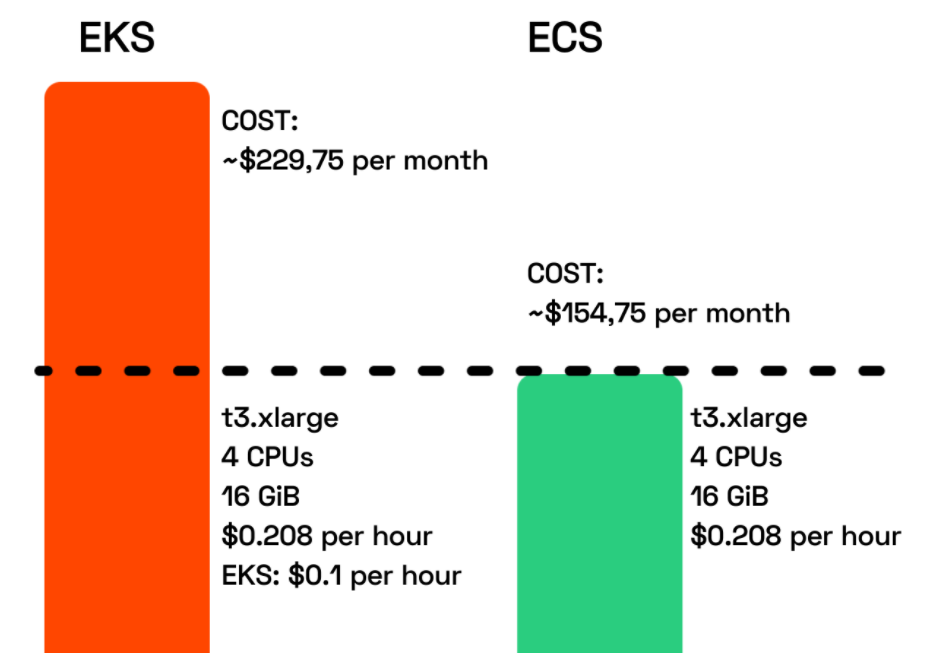
Optimize container operation and management with automation solution
Amazon ECS is a good solution for those who are initially entering the container world. You can easily move your container workload to a managed service without overpayment investments.
But if control and flexibility when moving on different cloud services are more important and you have experience with Kubernetes, then Amazon EKS is a better solution. Then you can freely integrate your apps with the open-source Kubernetes tool.
Whether you choose Amazon ECS, Amazon EKS, or AWS Fargate, you still need a solution that analyzes and optimizes cloud costs.
